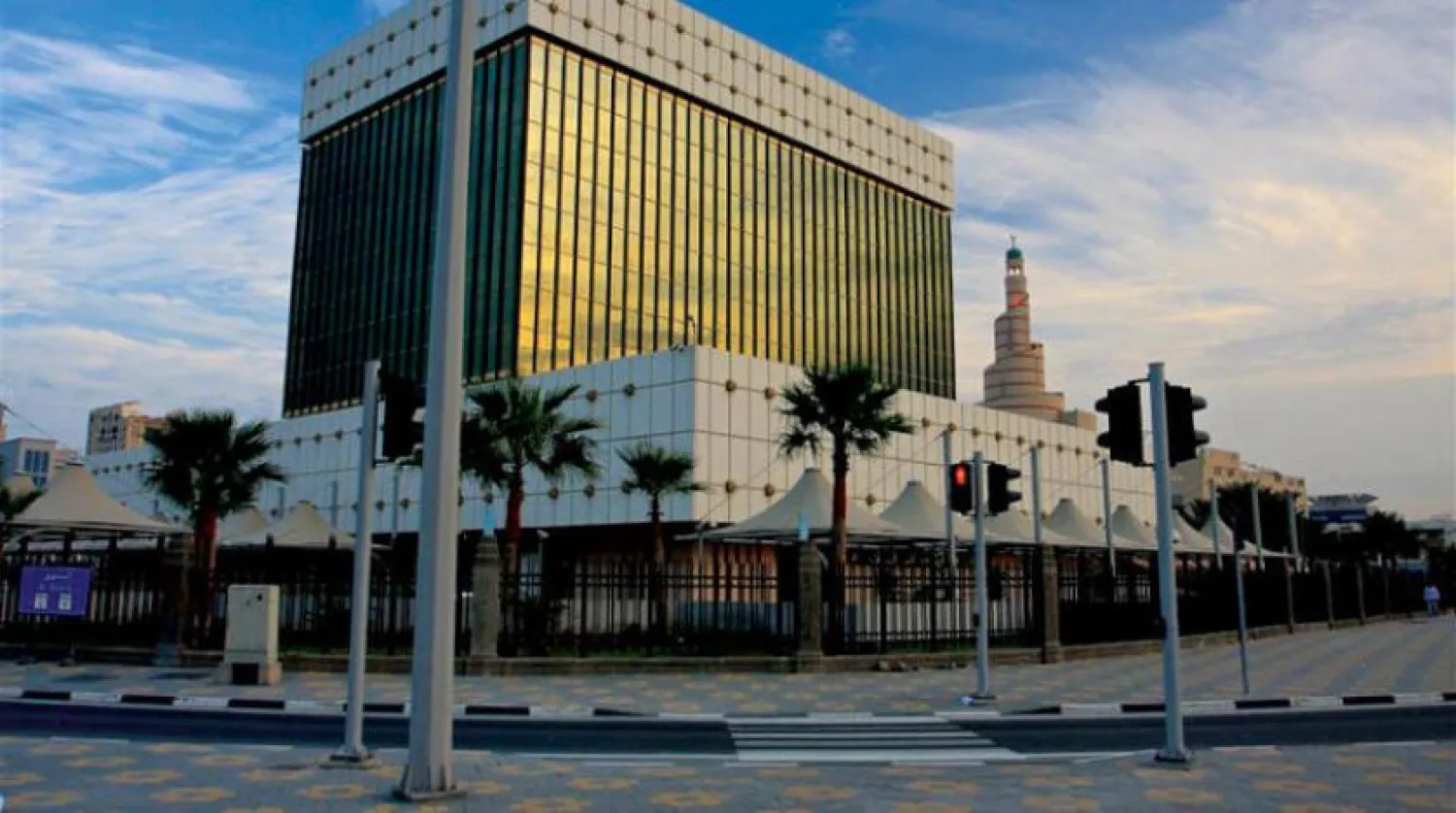The Qatar Central Bank (QCB) issued treasury bills for September for three, six and nine months, with a value of QR 600 million ($163.6 million).
In a statement, QCB said the treasury bills were distributed as follows: QR 300 million for three months at an interest rate of 1.09 percent, QR 200 million (54.4 million) for six months at an interest rate of 1.99 percent, and QR 100 million ($27.2 million) for nine months at an interest rate of 2.22 percent.
The issuance is part of the Central Bank's monetary policy initiatives and its efforts to strengthen the financial system and activate the tools available for open market operations.
It is part of a series of issues executed by the Central Bank on behalf of the government and in accordance with the schedule prepared by both the QCB and the Ministry of Finance.
Meanwhile, the Arab Monetary Fund (AMF) expected Qatar’s economy to grow by 4.4 percent this year and 3.6 percent in 2023, supported by the boom in activities related to the country’s hosting of the FIFA World Cup Qatar 2022, and the growth of non-hydrocarbon activities, in addition to its vital role in the global gas market.
The fund said in a report that it expected inflation in Qatar to reach about 4.3 percent during the current year, and it will decline to 3.5 percent in 2023.
The AMF expected the Gulf Cooperation Council countries to achieve a relatively higher growth rate this year, at about 6.3 percent, compared to 3.1 percent last year, due to a host of factors supporting growth in both the oil and non-oil sectors, and the positive impact of economic reforms, in addition to the continued adoption of stimulus packages supportive of recovery from the Covid-19 pandemic.
It is likely that the growth rate of the group of countries will decline to 3.7 percent in 2023, the AMF said.










